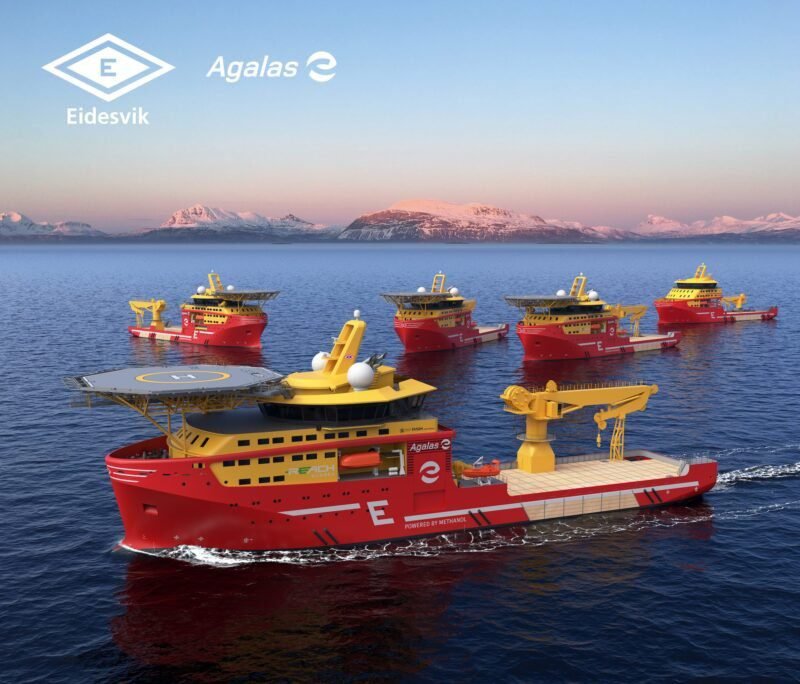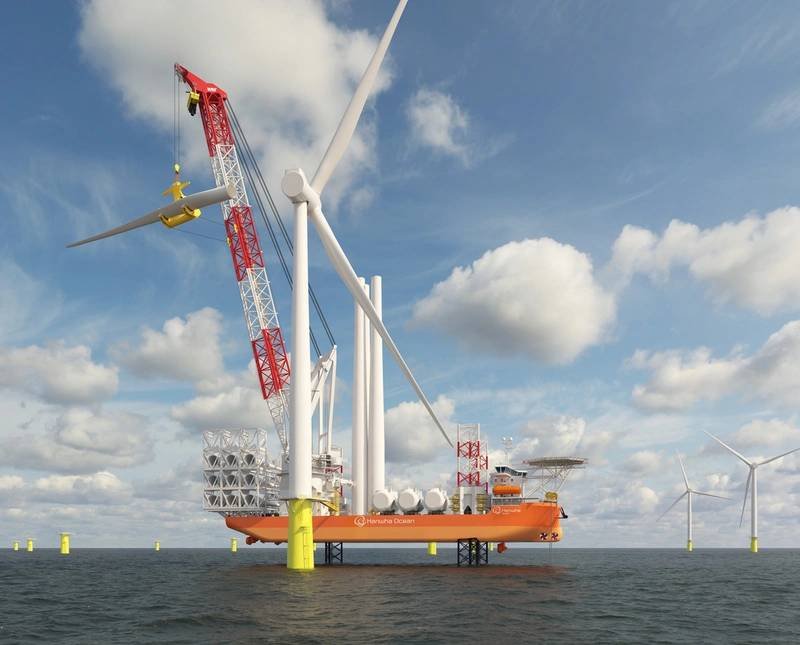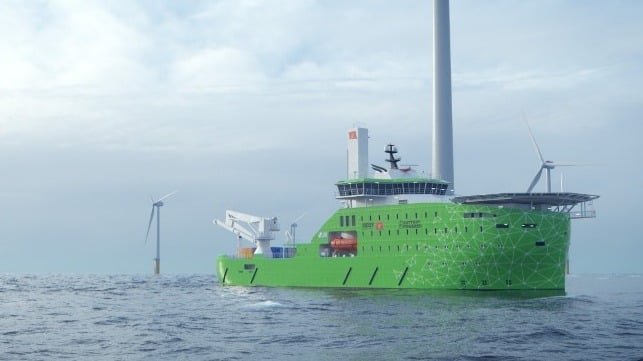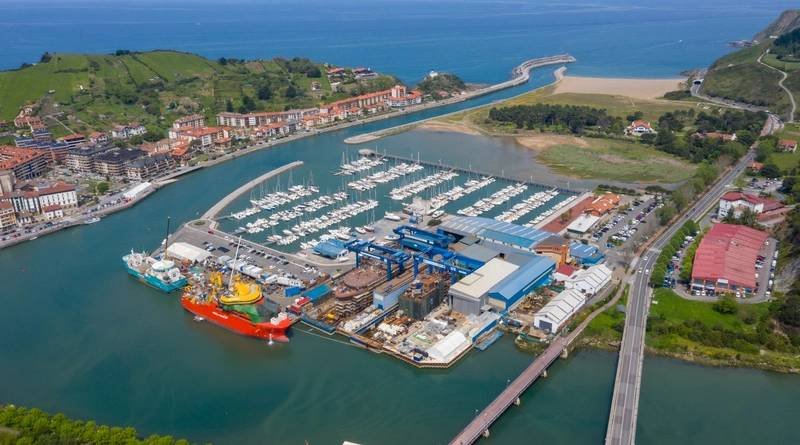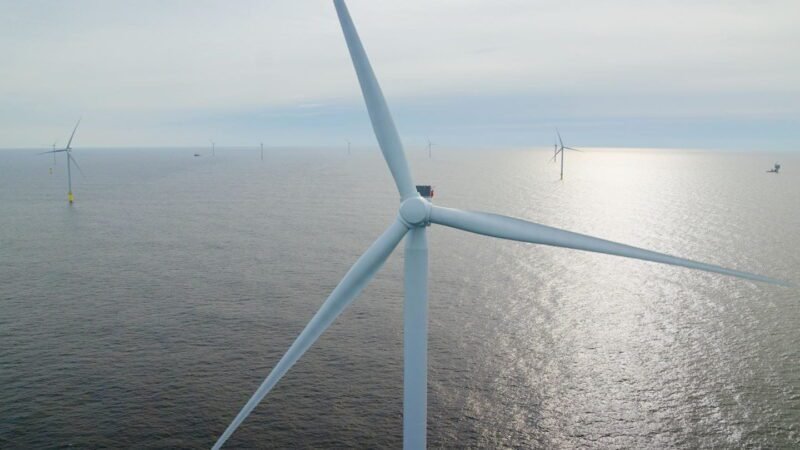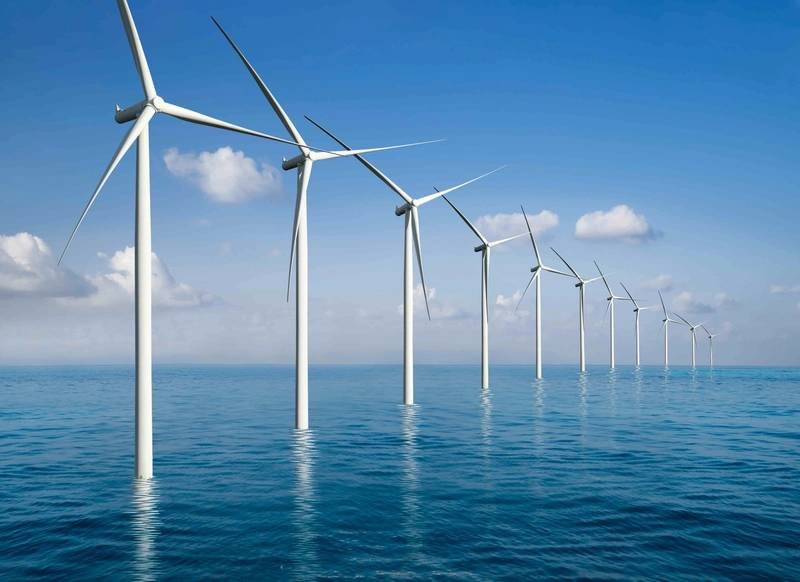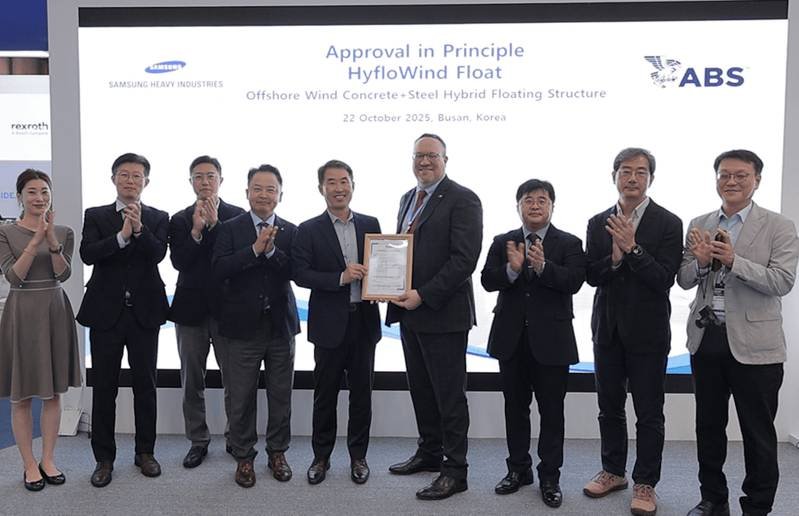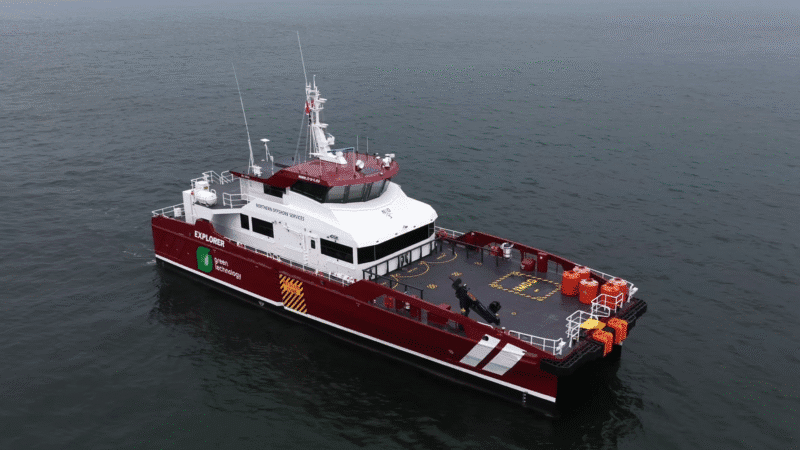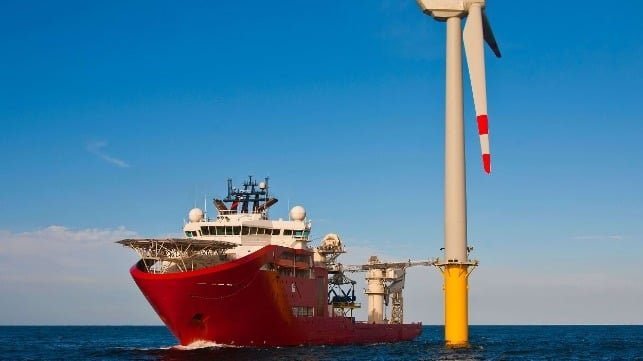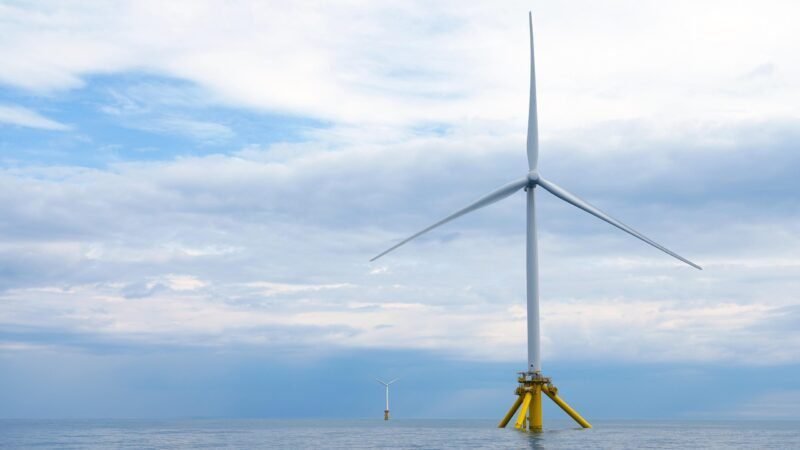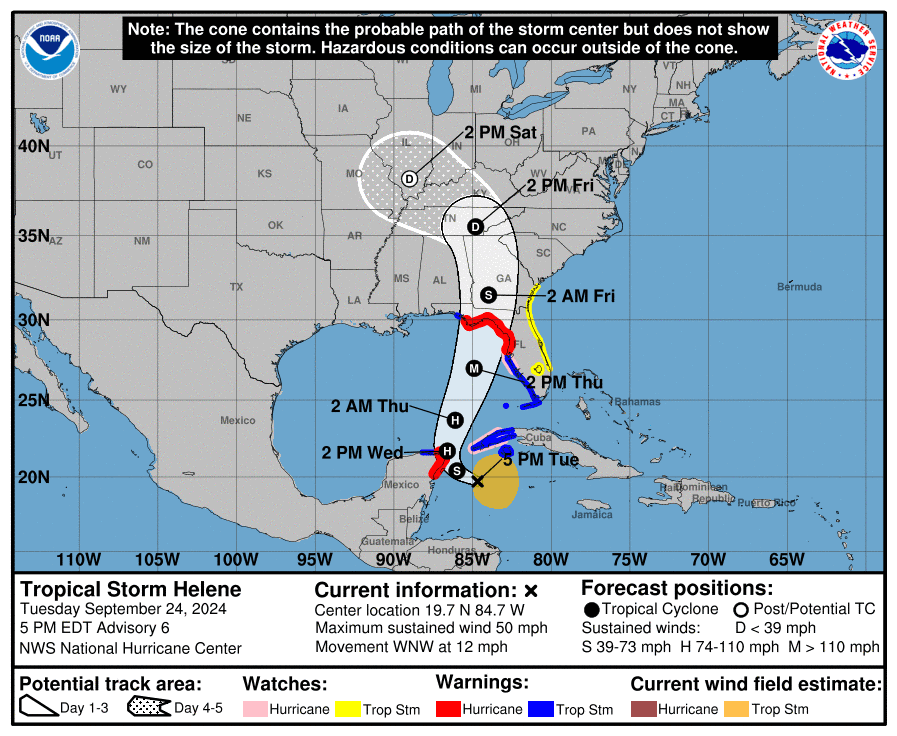Norwegian shipowners Eidesvik Offshore and Agalas are collaborating to build an innovative Construction Support Vessel (CSV) designed for subsea and offshore wind operations. The vessel will be the most environmentally friendly of its kind in the world, with methanol-powered engines and a battery hybrid system. It will be owned by a new company, Eidsvik Agalas AS, with Eidesvik holding a majority stake of 50.1%. Eidesvik has been a pioneer in introducing LNG and battery technology in offshore vessels, and the new environmentally friendly vessel will have dual-fuel generators that can run on methanol or MGO, in addition to a battery hybrid system. It is scheduled for delivery in early 2026 and will be fully managed by Eidesvik.
The CEO and President of Eidesvik Offshore, Gitte Gard Talmo, believes the new environmentally friendly vessel fits with their strategy and will increase their performance and competitiveness in the future energy mix. Both Eidesvik and Agalas see the timing of the vessel as excellent, with the demand for vessels in the subsea market expected to exceed supply, and significant growth in offshore wind energy expected this decade. The vessel, developed by Agalas and designer NSK Ship Design, is 99.9 meters long, 21 meters wide, and can accommodate 100 people. It has a crane capable of handling 150 tons and a generous deck area of approximately 900 square meters, making it ideal for IMR and construction work.
CEO of Agalas, Mats Nygaard Johnsen, highlighted that the collaboration with Eidesvik allows them to combine the strengths of two Norwegian shipowners and create a world-leading ship that combines functionality, environmentally friendly technology, and a highly qualified crew. This project represents a significant advancement in sustainable shipping and long-term customer partnerships within the industry.


